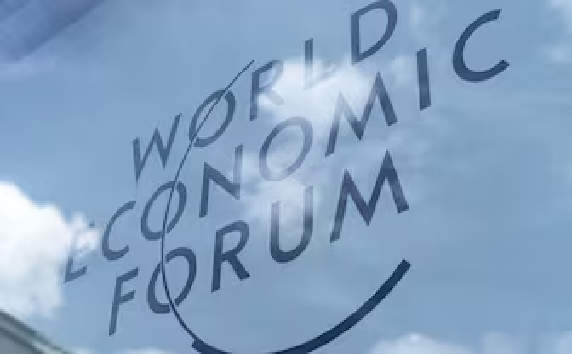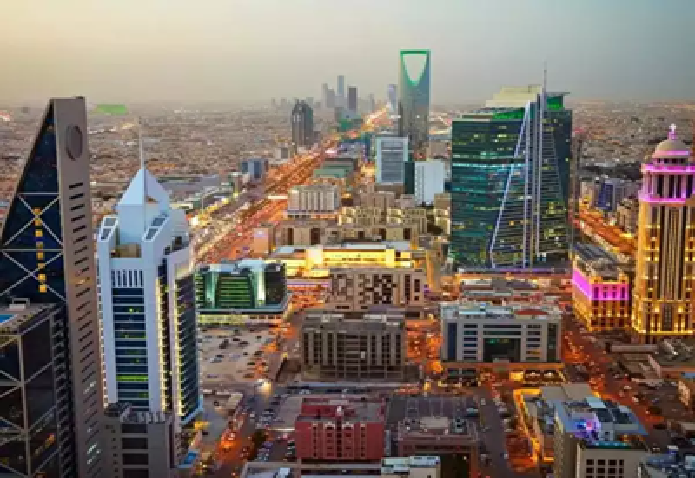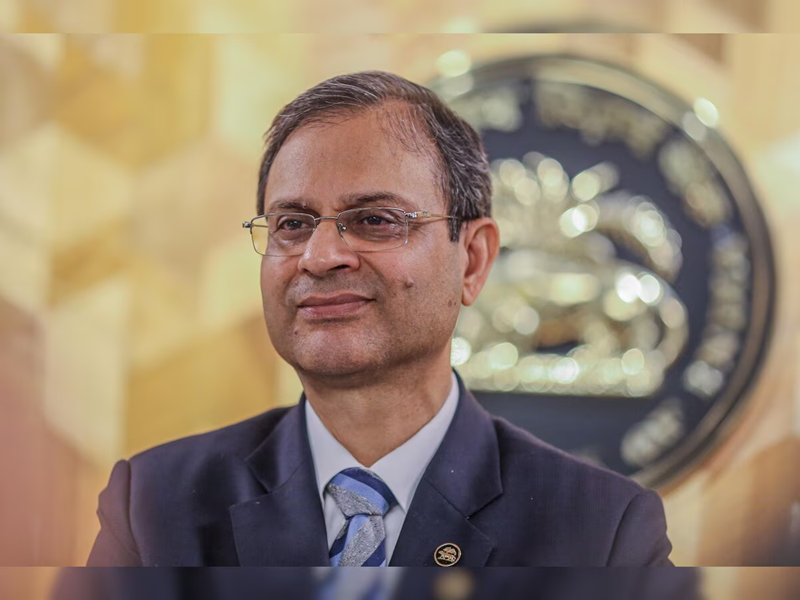
Armed conflict biggest immediate global risk: WEF
New Delhi, PTI: State-based armed conflict has emerged as the top immediate risk for 2025, reflecting heightened geopolitical tensions and fragmentation globally, the World Economic Forum said on Wednesday. Misinformation and disinformation lead short-term risks, while environmental risks dominate the 10-year horizon, led by extreme weather events, biodiversity loss and ecosystem collapse, the WEF said in its latest Global Risks Report.
On the global political outlook over the next decade, the report said most global leaders expect a multipolar or fragmented order, where the Western-led global order is expected to continue its decline and alternative power centres are likely to strengthen in the form of China, India and the Gulf states. The report, now in its 20th edition, leverages insights from the Global Risks Perception Survey, which draws on the views of over 900 global leaders across business, government, academia and civil society. The report identifies and analyses the most pressing risks across immediate, short and long-term horizons, aiming to equip leaders with foresight to address emerging challenges. The report revealed an increasingly fractured global landscape, where escalating geopolitical, environmental, societal and technological challenges threaten stability and progress.
While economic risks have less immediate prominence in this year's survey results, they remain a concern, interconnected with societal and geopolitical tensions. State-based armed conflict was identified as the most pressing immediate global risk for 2025, with nearly one-quarter of respondents ranking it as the most severe concern for the year ahead. Misinformation and disinformation remained top short-term risks for the second consecutive year, underlining their persistent threat to societal cohesion and governance by eroding trust and exacerbating divisions within and between nations. Other leading short-term risks include extreme weather events, societal polarization, cyber-espionage and warfare.
Environmental risks dominate the longer-term outlook, with extreme weather events, biodiversity loss and ecosystem collapse, critical change to earth systems and natural resources shortages leading the 10-year risk rankings. The fifth environmental risk in the top 10 is pollution, which is also perceived as a leading risk in the short term. Its sixth-place ranking in the short term reflects a growing recognition of the serious health and ecosystem impacts of a wide range of pollutants across air, water and land.
Overall, extreme weather events were identified prominently as immediate, short-term and long-term risks. The long-term landscape is also clouded by technological risks related to misinformation, disinformation and adverse outcomes of AI technologies. "Rising geopolitical tensions, a fracturing of global trust and the climate crisis are straining the global sysem like never before," WEF Managing Director Mirek Dusek said.
 English daily published in Bengaluru & Doha
English daily published in Bengaluru & Doha






